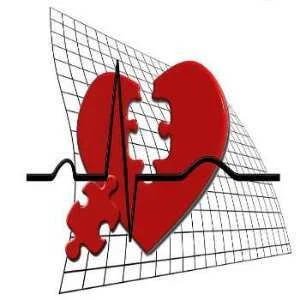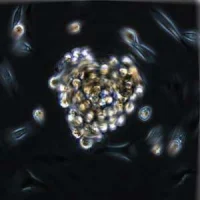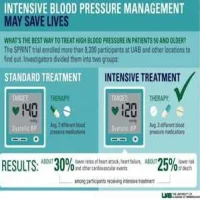A recent study by the University of Pittsburgh Graduate School of Public Health has shown for the first time that late- and post-menopausal women are at greater risk of heart disease since they have greater volumes of fat around their heart. The study is scheduled to be published in The Journal of Clinical Endocrinology & Metabolism.
"Cardiovascular disease is the leading cause of death in women, and it increases after age 50 -- the average age when a woman is going through menopause," said lead author Samar R. El Khoudary, Ph.D., M.P.H., assistant professor in Pitt Public Health's Department of Epidemiology. "By showing that menopause appears to be associated with a shift in fat deposits that leads to more fat around the heart, we've uncovered a new potential contributor to increased risk of cardiovascular disease in women."
No study previously conducted has evaluated the impact of fat distribution during menopause and its impact on the heart. Weight gain in women during and after menopause has usually been attributed to ageing. However, the presence of excess fat around the heart can cause local inflammation and can lead to heart disease. Doubling certain types of cardiovascular fat can lead to a more than 50 percent increase in coronary events.
During this study, Dr. El Khoudary and her team evaluated clinical data, including blood samples and heart CT scans, on 456 women from Pittsburgh and Chicago enrolled in the Study of Women's Health Across the Nation (SWAN). The average age of the study participants was around 51 years and none of them were on hormone replacement therapy. Since the levels of oestrogen decline during menopause, great volumes of cardiovascular fat were found among the participants. This finding stayed constant after accounting for age, race, obesity, physical activity, smoking, alcohol consumption, medication use and chronic diseases.
Dr. El Khoudary points out that it is important to outline prevention strategies targeted at reducing cardiovascular fat in women at midlife as this would reduce their risk of heart disease. Cardiovascular fat reduction may be possible through weight loss or weight management strategies. She also highlights the need for larger scale studies to determine which intervention strategies will work best for post-menopausal women with cardiovascular fat.
Source: University of Pittsburgh Schools of the Health Sciences
Image Credit: Wikimedia Commons
References:
El Khoudary, Ramar et. al. Cardiovascular Fat, Menopause and Sex Hormones in Women: The SWAN Cardiovascular Fat Ancillary Study.The Journal of Clinical Endocrinology & Metabolism, 2015; JC.2015-2110 DOI: 10.1210/JC.2015-2110










